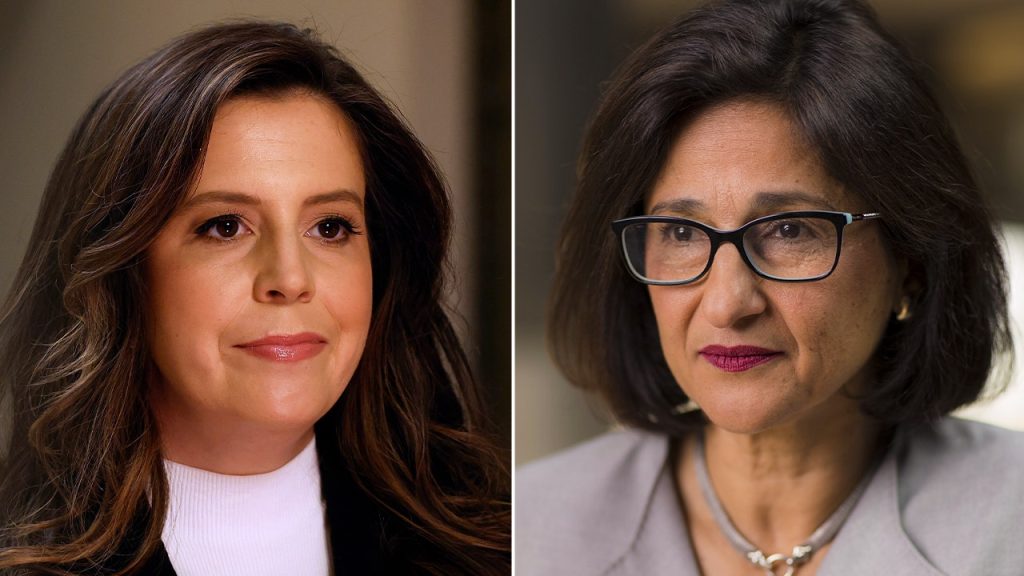House Republicans grilled Columbia University President Dr. Nemat “Minouche” Shafik about a tenured professor named Joseph Massad, who celebrated the Oct. 7 Hamas attacks as “awesome.” Representative Tim Walberg condemned Massad’s statements, calling them “perverse.” Massad, who chairs the School of Arts and Sciences Academic Review Committee, praised Hamas militants for attacking Israel and glorified their slaughter of nearly 1200 Jews. He called the terror attack on southern Israel “awesome,” “astonishing,” and “astounding.” Massad has a history of making inflammatory remarks, including calling Israelis “cruel and bloodthirsty colonizers” and referring to Israeli military as “baby killing Zionists.”
During a hearing on antisemitism on Columbia’s campus, Walberg questioned whether Massad faced any consequences for his words. Shafik confirmed that Massad had been spoken to and removed as chair of the committee. However, House Republican Conference Chair Rep. Elise Stefanik pointed out that Massad was still listed as chair on the school’s website. When pressed, Shafik said she would confirm his status and remove him from the role if necessary. Walberg raised the issue of Massad being a tenured professor and asked the co-chairs of Columbia’s Board of Trustees if they would approve tenure for him today. Both co-chairs stated that they would not.
In addition to Massad, the House Republicans also questioned Shafik about another professor, Dr. Mohamed Abdou, who posted pro-Hamas statements on social media. Stefanik criticized Columbia for hiring Abdou after his controversial statements, including claims that Arabs and Muslims were falsely accused of decapitating heads and being rapists. Shafik confirmed that Abdou would not be returning after this semester and would never work at Columbia again. The hiring process for Abdou was brought into question, with Stefanik asking if Columbia was aware of his statements before hiring him.
During the hearing, Shafik was asked about the school’s stance on calls for the genocide of Jews. Unlike other university presidents who were questioned in December, Shafik and the co-chairs of Columbia’s Board of Trustees all definitively answered “Yes” when asked whether such calls violated rules against bullying and harassment. This difference in response indicated a stronger stance from Columbia on antisemitism compared to other universities. The hearing shed light on the importance of addressing and condemning hateful rhetoric on college campuses.
Overall, the hearing highlighted the actions taken by Columbia University in response to controversial statements made by faculty members. While Massad faced consequences for his statements, Abdou was not retained beyond the current semester. The questioning from House Republicans showed a clear concern for the impact of antisemitic and inflammatory rhetoric on campus environments. Both Shafik and the co-chairs of the Board of Trustees affirmed their commitment to addressing issues of discrimination and harassment, indicating a willingness to take action to maintain a safe and inclusive campus community.


